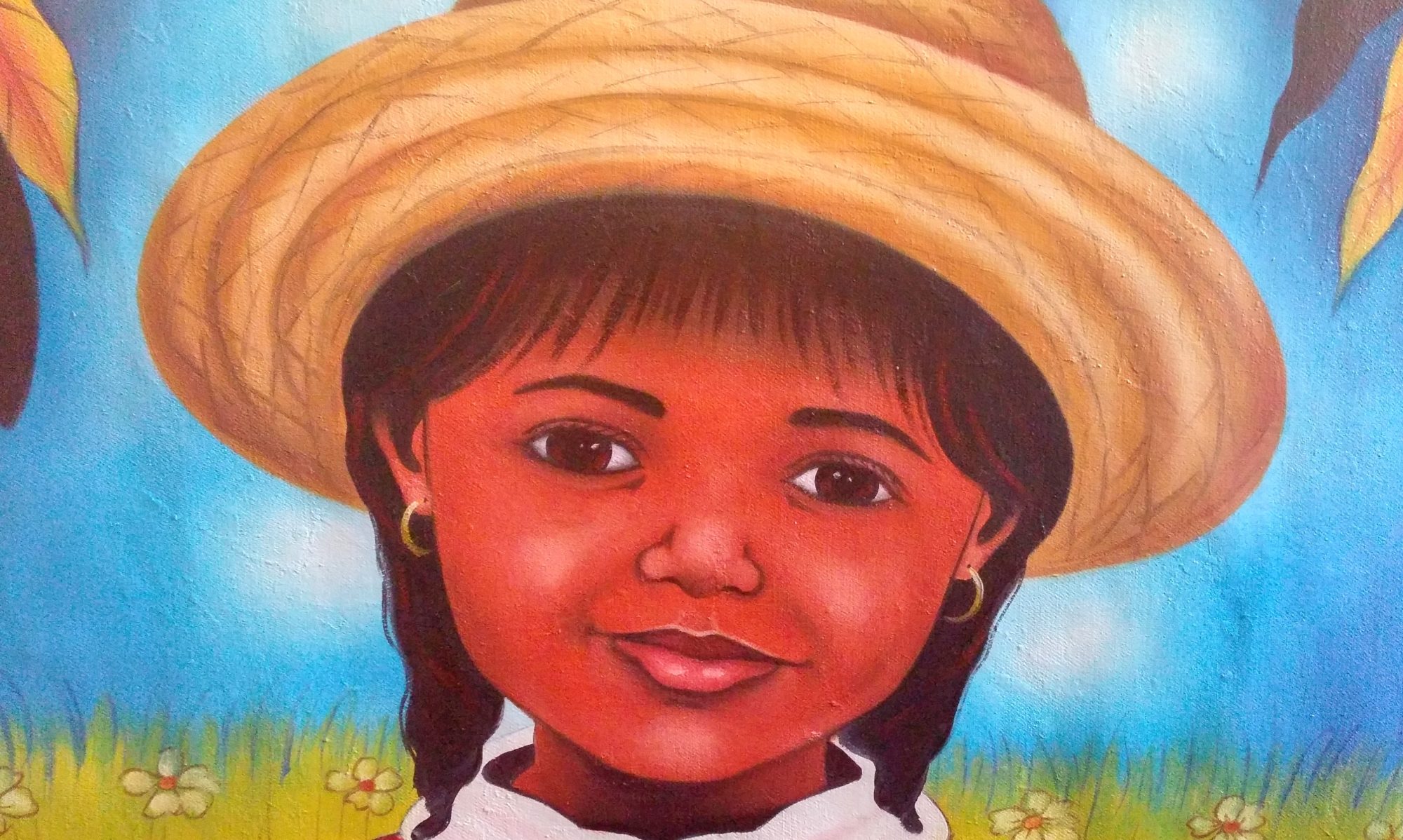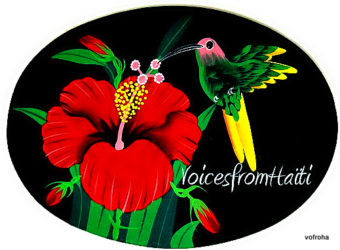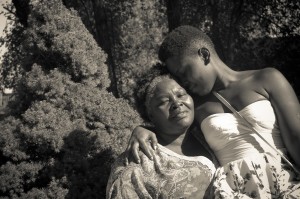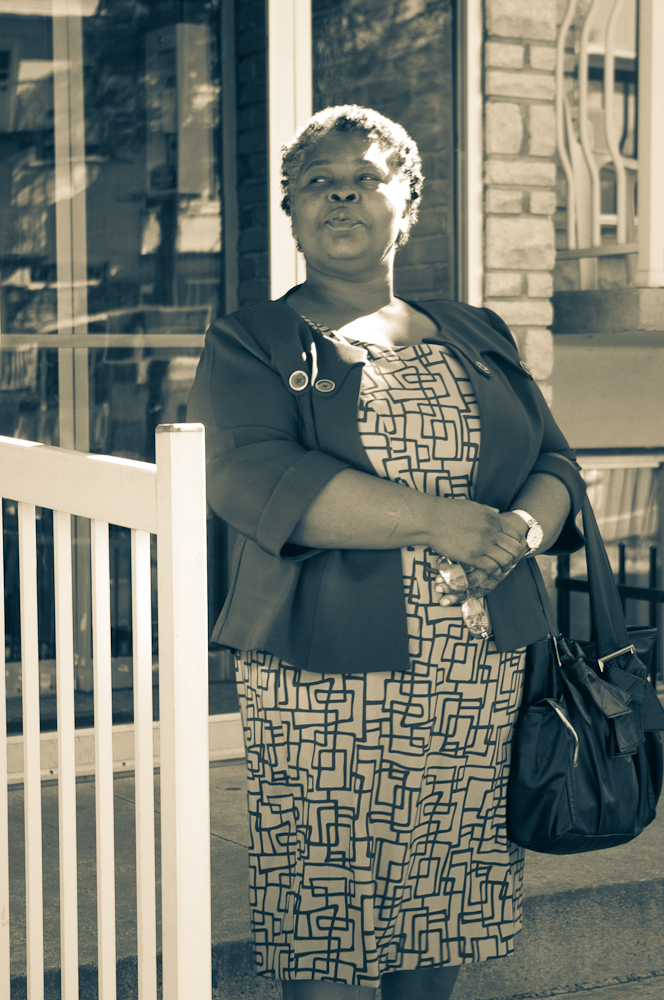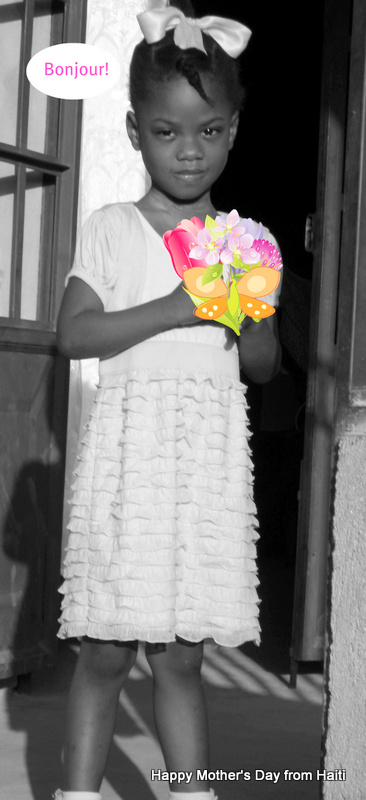 Livres en Folie is an annual book fair created in 1995, on the initiative of UNIBANK and Le Nouvelliste. Held every year on Corpus Christi day (May-June), this book fair has become one of the biggest cultural events in Haiti.
Livres en Folie is an annual book fair created in 1995, on the initiative of UNIBANK and Le Nouvelliste. Held every year on Corpus Christi day (May-June), this book fair has become one of the biggest cultural events in Haiti.
This year, the event will take place at Parc Historique de la Canne à Sucre on May 30. Michele Jessica Fievre will be there! Read the VoicesfromHaiti INNERview with Michele here.
ABOUT “SO SPOKE THE EARTH” In 2009, Women Writers of Haitian Descent, Inc. (WWOHD) sent out a call for literary submissions, structured by the following theme: the Haiti I knew, the Haiti I know, the Haiti I want to know. The anthology was to be published in 2010 in the United States. All the writers included were Haitian women, since WWOHD’s primary mission is, after all, to encourage the development of Haitian women writers and to foster greater public awareness and appreciation of their work.
On January 12, 2010, in Haiti, there was a terrible noise of earth shaking and houses cracking. And then the cries of men and women, and a great dust cloud taking Port-au-Prince in its fist. A few months after the tragedy, the stories, poems, and essays poured from everywhere into our inbox, and we, at WWOHD, realized that we needed to approach the book differently. We continued seeking submissions, this time from both Haitian and non-Haitian writers, including both men and women.
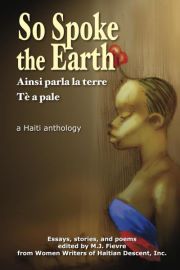
So Spoke the Earth is now a multilingual anthology of literature about Haiti that explores its past, present and future as experienced by its diverse inhabitants—both native and non-native—over the past four decades. Featuring the accounts of both Haitian and non-Haitian writers and their attempts to grapple with the impact left on them by their personal experiences with the island-nation, the anthology presents each work in its original language: English, French and Haitian-Creole.
Through various narratives and poems, the literary legacy and unique history of the island are highlighted in content and style. This collection is unprecedented, yet uses successful techniques from preceding anthologies. As in Lillian Castillo-Speed’s anthology Latina: Women’s Voices from the Borderlands, the work includes various genres (fiction, nonfiction, and poetry). Like Edwidge Danticat’s anthology The Butterfly’s Way: Voices from the Haitian Dyaspora in the United States, the book has a thematic structure according to the contributions received.
The anthology is divided in three sections:
Lanmò Mòde Toupatou (Death Was Lurking)
Death and tragedy are the main themes of this section. While some of the pieces offer a vibrant account of life in Haiti and explore the specificities of rituals such as funeral rites, others speak directly to the effects of the January 2010 earthquake. Included are first and third-person accounts of the moments following the tragedy, stories of the search for survivors, and an exploration of the different shapes of grief after the loss (both in Haiti and in the Diaspora). Each of these narratives is presented in English.
Tout Pwason Ka Manje Moun (And Danger Came Rushing In)
The expressiveness of the Haitian people is evident in their rich storytelling tradition. The second section of the anthology, written in French and Creole, explores Haitian folklore with modern legends and mysteries. Also included are stories about 1.12.10, and poems about Ayiti Cheri.
Verite Dekwoke Baton (And The Truth Shall Make You Mad)
The third section addresses the topic of Haiti’s economic problems, and the demonstrated effects of the misery that has accompanied them, such as the presence of child slavery and the strained relations between Haiti and the Dominican Republic, where thousands of Haitians have labored in sugarcane fields for generations. This section answers the question: “How do Haitians deal with their problems?” It ends with a piece about the history of Haitian carnival, since kanaval is probably the only time when the people allow themselves to forget their heartache and raw pain.
This is an important anthology about Haiti in that it is a celebration of Haitian spirit, multiculturalism and diversity.
